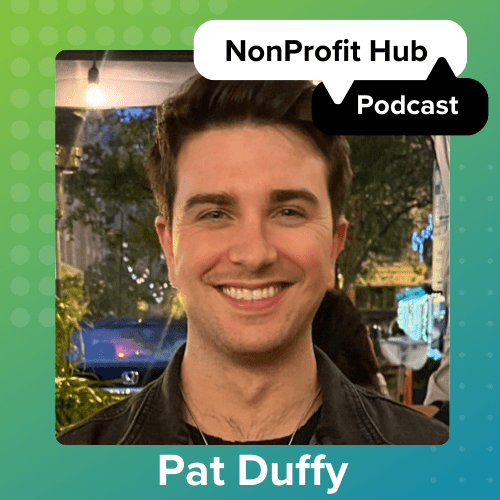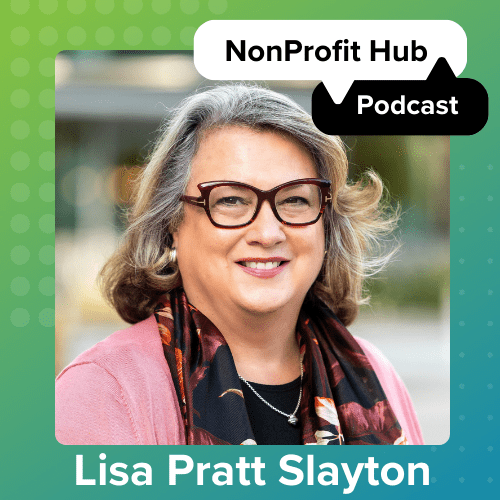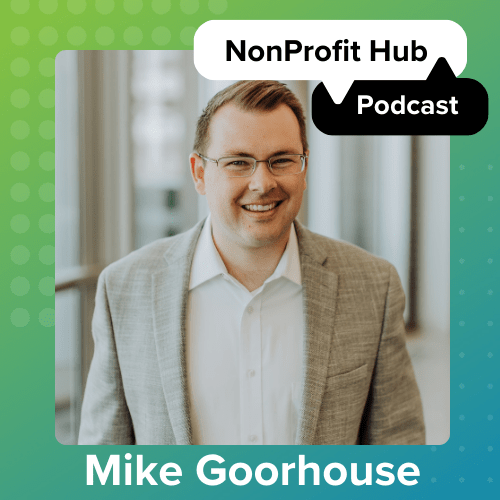Workflow at a nonprofit looks drastically different today than it did just two years ago. Modern nonprofits need to uphold their core missions, attract donors, and bring in donations, all while keeping in mind the restrictions necessitated by the COVID-19 pandemic. More and more nonprofits are moving around multiple parts of their organization. From foundational programs to events and donations, cause work is happening in the digital space.
The right tools can make this transition easy and stress-free. For nonprofits that are firmly entrenched in the digital world or those that are still finding their way around, a workflow building platform is key. This can help simplify processes and reduce manual work and operational costs—a huge benefit for nonprofits. Read on to learn three ways nonprofits can use workflow automation software at their organizations.
1. Online Program Management
With COVID-19 era and its effect on the economy, more individuals are turning to nonprofits for support. Similarly, these nonprofits—unable to fundraise or offer programs in-person—have experienced growing challenges with connecting to donors and constituents. According to an SSRI survey, 82% of nonprofits transitioned to digital programs for at least part of their services. They now need a secure user-friendly platform for collecting and managing data, fundraising, and other outreach efforts.
FormAssembly’s user-friendly data collection platform makes it easy to design secure web forms, build workflows, and manage fundraising campaigns. This enables nonprofit staff to free up time and resources to focus on their mission. By using a workflow platform like FormAssembly, nonprofit organizations can take the stress and inefficiencies out of gathering data for their nonprofit programs. Workflow makes it easy for non-technical users to create intake forms or complex application forms for these programs. The process builder helps plan out when and how data is collected as well as where it goes and who gets notified.

Example of a scholarship program registration form
A nonprofit can use a workflow platform to build out processes for individuals interested in one of their programs. A respondent could fill out an initial interest form, notifying a nonprofit employee to initiate a phone call. The employee could fill out another form to store information gathered during the interview. In addition, this information could automatically be pushed into Salesforce through a seamless integration.
2. Engaging supporters in the digital space
Last year, the new normal became social distancing and limited indoor capacity. This left nonprofit organizations struggling to effectively engage with volunteers and supporters within their communities. Many nonprofits now rely on virtual events to spread awareness, connect with donors, and continue fundraising. But event or video platforms pose a challenge when it comes to navigating new technology. Plus, organizing an event as a whole (including registration and donations) is difficult without the right software.
Using FormAssembly’s workflow builder and data collection platform simplifies how nonprofit employees engage supporters. This works well for virtual events such as silent auctions or nonprofit conferences. It also streamlines processes for registrations, donations, and more.

Example of a nonprofit virtual event
Having a better workflow for virtual event planning is key. It can provide a user-friendly and highly customized experience for nonprofit staff members and their supporters. Staff could set up conditional routing to put users on different paths per their selections, like a virtual conference that offers multiple sessions. Each selection could automatically route to a different page or additional form.
Similarly, it works to streamline speaker submissions for a keynote during a virtual event. In this example, a speaker could submit an application, and then this information could be configured to be sent to a specific reviewer based on the topic. If the reviewer approves the submission, a new email could be triggered to the applicant, urging them to visit another form to select a keynote date.
3. Offering flexible, digital donation options
Nonprofits shifting to the digital space can also benefit from a workflow building platform to provide secure, user-friendly online donation forms. Using a powerful data collection platform with a visual process builder, limited nonprofit staff can quickly build donation forms. This helps map out donor journeys to connected external CRM or payment systems. Keeping these processes within one streamlined platform will condense the amount of work a nonprofit team needs to complete. Plus, it enhances the fundraising experience for donors too.

Example of a nonprofit website donation page
With an intuitive platform, nonprofits can build out streamlined workflows for donation submissions through their payment connector of choice, whether that’s PayPal, Stripe, or Authorize.net. Depending on which payment option a donor chooses, the workflow could be conditionally routed to a second form with the right payment connector automatically integrated. Conditional routing can also send donors to a secondary “thank you” page based on their donation amount. If the donor receives a gift for donation, submitting a specific donation amount could trigger another form to collect shipping information and send an automated message to the nonprofit employee to send the gift.
FormAssembly Workflow for Nonprofits
FormAssembly’s robust data collection and workflow-building platform is ideal for nonprofits looking to eliminate wasted hours, disorganized data, and high costs from inefficient processes. With a visual, no-code Workflow Builder interface, it’s easy to map out data collection processes and track data as it travels from people to forms and integrated CRM and payment systems. This 10,000-foot view of workflows for applications, fundraising, donations, and more enables nonprofit teams to make better and smarter decisions, keep key stakeholders updated, and know exactly where data (such as donor information or payments) is going at all times. With streamlined and automated processes, nonprofit organizations can focus on their cause, all while increasing team productivity, efficiency, and impact on their communities.
Explore FormAssembly Workflow for your nonprofit organization today!







